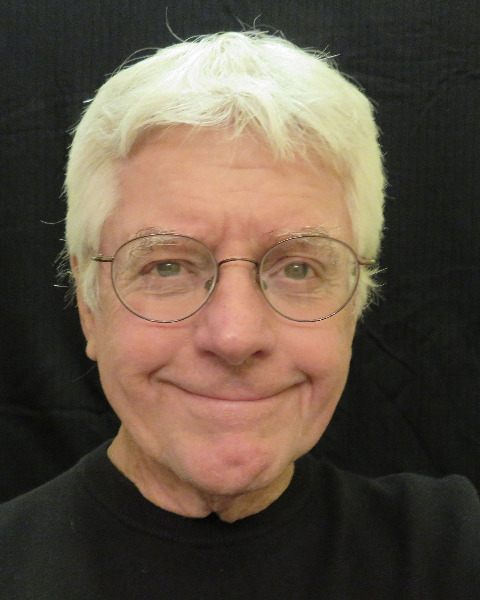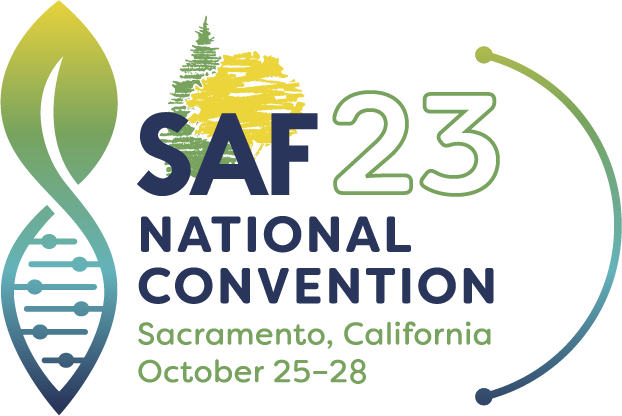Presentation
Forest History, Philosophy and Ethics
Evolution of Forestry
How Social and Psychological Biases Set the Course of American Forestry and Soil Science
Friday, October 27, 2023
4:00pm - 4:30pm PST
Location: A10
CFE .5 / ISA CEU .5 / ESA CEU .125

Ronald D. Taskey, PhD
Professor Emeritus
California Polytechnic State University
Atascadero, California, United States
Speaker(s)
Historical evidence viewed in light of theories stemming from medical microbiology, sociology of knowledge, evolutionary psychology, and behavioral economics shows how the co-evolution of forestry and soil science in America began as much from the founders’ psychological needs and social preferences as from their natural-resource philosophies and concerns.
Learning Objectives:
- Upon completion, participants will understand how the scientific and strategic paths of American forestry and soil science were set as much by the founders’ behavioral attributes and social preferences as by their knowledge of science and dedication to natural-resource conservation.
- Upon completion, participants will realize that the types of social, psychological, and philosophical factors that affected the founders also affect modern-day scientists and practitioners. Students especially will grasp that doing science is not a fully objective intellectual endeavor: it also is an unavoidably biased social undertaking—one that goes against our natural tendencies.
- Upon completion, participants will understand that by being alert to underlying social and psychological factors, they can strive for more objective interpretations of issues, while improving their decision making, and broadening their intellectual comfort zones.
- Upon completion, participants will value the significance of historical details, and recognize that arguments based on modern theories can be supported by historical evidence, including original writings, direct quotations, and observed behavioral and social characteristics of key players. Participants will be moved closer to important historical developments in their profession.

